Name: Steve Bernier
Profession: Owner/operator of Cronig’s Market
Washed Ashore from: Cambridge
When: 1980 (for vacation), 1985 (to live permanently)
Favorite Spot on the Island: Home
Favorite Room in the House: Kitchen
Steve Bernier has always been in the supermarket business. For 22 years he did every job in every department at Star Market in the Boston area — from bag boy to district manager. So how did he end up happily pushing a broom six mornings a week in Cronig’s down-Island parking lot?And how did he become so environmentally sensitive, with solar arrays in his parking lots and more? He says falling in love with the Island and meeting Robbie Cronig can explain his every move.
Q. How did this whole thing start?
A. We (Star Market) were starting a wholesale food division and they wanted Robbie Cronig as a customer. I contacted Robbie to see if we could meet and talk — and, click, we connected! The next two weeks, every night, I sat in his little den and we got to know each other. Soon we were talking about me being a potential buyer of the market.
That fall, he was having surgery at Brigham and Women’s, and I’d go there after work to visit him. And on one of those nights we closed the deal on a simple handshake, no signed purchase and sale agreement or anything!
We passed the papers between us on February 1, 1985.
Q. What was the learning curve of running a seasonal rather than a year round supermarket?
A. There are two parts to it. First, how do you handle the seasonal ups and downs? Secondly, how do you handle access to the food via the Steamship Authority? There’s no warehouse a few miles down the road. I have to have ferry reservations planned out eight to 10 months in advance. And we have to have a “hit ratio” with the SSA; we can’t just order trailers and then cancel them at the last minute. So yes, I had to work through the cash flow position on this. It took me five years of getting beat up and learning how far ahead you had to plan.
Q. So how did your interest in environmental issues start?
A. I think it was coming here and being a wash-a-shore, loving it here and loving the people here. I think I just learned to listen more.
Q. You mean the spark came from listening to Islanders?
A. Yes, listening to people who are more responsible, more caring. It helps you understand, "Okay, we’re all in this together."
Q. Give me an example.
A. A couple or three ladies took me aside years ago and said, "Seriously, we have to sell cigarettes here? Come on!" I said, "Cigarettes are sold in supermarkets all over!" "But they shouldn’t be sold HERE," they said. I said, "Okay, take the dagger out of my heart, we won’t." We stopped in 2015 — at a substantial loss in revenue.
Q. So how did solar energy become important to you?
A. I think as I worked around the Island and learned about carbon footprints, learned about living within our means, energy-wise, I felt a little guilty. Because a grocery store — with all the refrigeration — is an energy pig. And there’s no getting away from it.
So when the solar thing started to happen, I began to think, "I need to do my part."
Q. So you thought about it, but how did it become a reality?
A. I was approached by South Mountain Company and Vineyard Power after I learned that our roof wasn’t designed to hold the dead load of a solar installation.
John Abrams (of South Mountain) told me that canopies in parking lots were a new thing. They were looking for someone to join with them in creating one. They found the financing, we hashed out the details and it was done.
Q. What does Vineyard Power get out of it?
A. They get the electricity from it.
Q. Who gets the tax credit for that?
A. They do. They pay me a small stipend, a rental fee, and at the end of ten years, I can buy them out. At the up-Island store, we built that canopy on our own. I can run that electricity right into the store and not give it back to the grid unless I have excess.
Q. Have you done other things to positively affect the environment?
A. We took plastic out of the store — plastic straws, balloons. We don’t sell Gatorade 8-packs because of the plastic rings. As we’ve worked more and more with environmental groups, we’ve tried to be more user-friendly with the environment. We haven’t had plastic shopping bags in 102 years!
Q. Why do all these things? Doesn’t it cost you?
A. Yup, this isn’t cheap and the payback (on solar) is not what it’s cracked up to be. So it’s not a healthy business proposition. You have to do it from more of a responsible, community-oriented place. It’s taking yourself out of what you were trained and educated to do — to make money — to be environmentally and socially responsible.
Paula Lyons is a former television consumer journalist. She lives in Vineyard Haven.

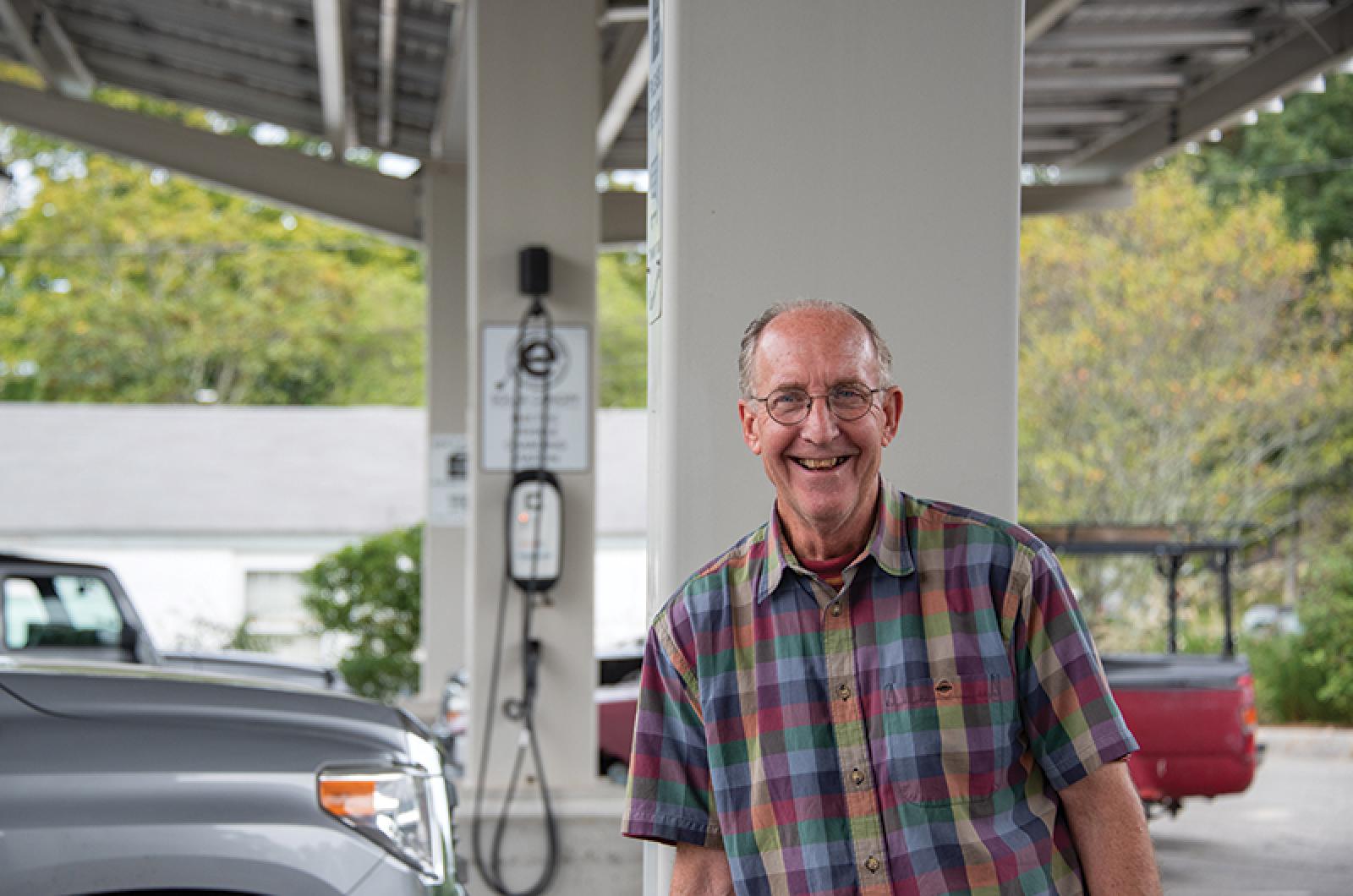



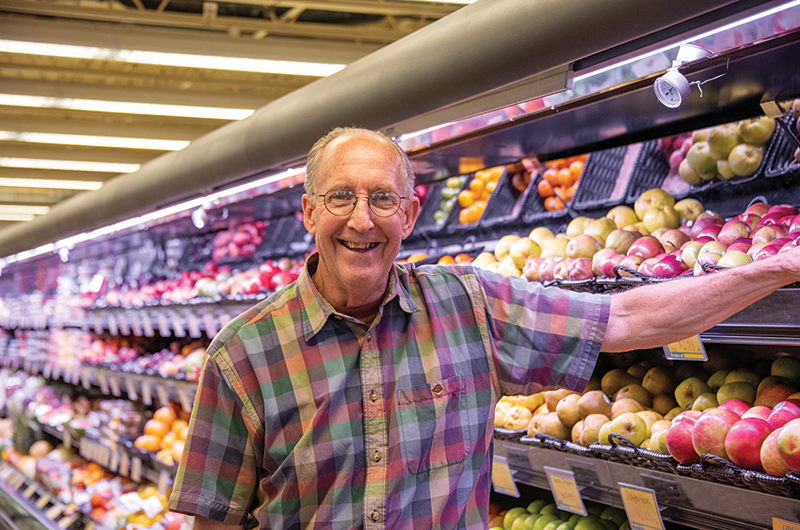


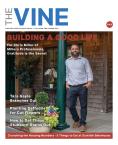
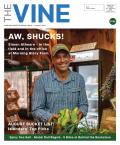
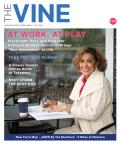
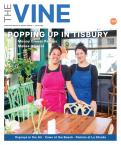
Comments